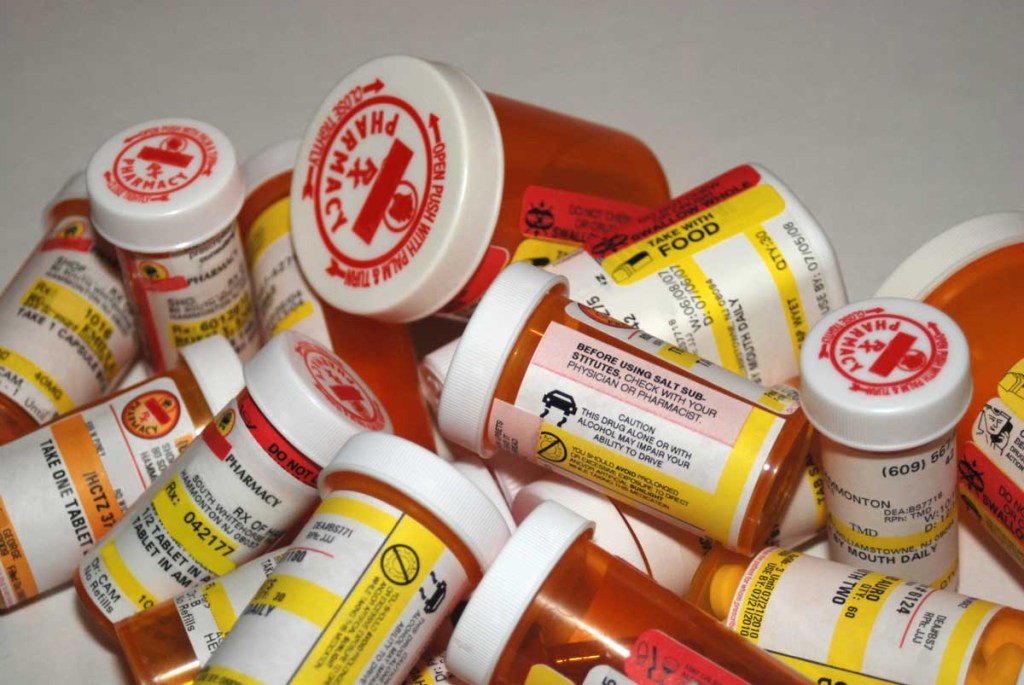Pennsylvania governor asks lawmakers to move quickly on anti-drug bills
Published 7:30 am Thursday, September 29, 2016

- Morgue files
HARRISBURG — Pennsylvania Gov. Tom Wolf used a rare speech to a joint session of the Legislature to call for a unified effort in confronting a drug crisis that kills 10 Pennsylvanians every day.
“We are going to take a stand against the vicious disease of opioid addiction,” Wolf said Wednesday.
Trending
Wolf identified four priorities for lawmakers, including requiring doctors to check a prescription drug database every time they prescribe opioids and mandating education for doctors and public school students about the dangers of opioid abuse.
A third measure would bar emergency room doctors from prescribing more than a week’s worth of opioids — a standard that also would apply to all opioid prescriptions for minors.
Finally, Wolf said the state should force insurers to cover abuse-deterrent drugs, as is now required in Massachusetts.
Before the governor took to the podium, lawmakers were already moving on some of the proposals. The Senate voted to require opioid education for health care professionals and students, and to require doctors to get written parental permission before writing scripts for minors.
The House has voted to limit emergency room prescriptions.
Wolf and lawmakers agreed the bills will only make a dent.
“The opioid epidemic did not start overnight, and we will not fix it overnight, or even in this session,” Wolf said.
On Wednesday, the governor and others searched for comparisons to give context to the scope of the problem.
Noting more than 3,500 overdose deaths in Pennsylvania last year, Wolf in his speech said: “Each year, we are losing the population of Parkesburg, Freeland or Mifflinburg to the disease of addiction.”
Sen. Gene Yaw, R-Lycoming, drew a starker comparison with national numbers.
Across the country, about 50,000 people a year die from drug overdoses, most related to prescription or heroin abuse. That’s nearly as many as the 58,000 or so U.S. service members killed in 20 years of war in Vietnam.
Despite all the talk about the issue, Yaw said he doesn’t believe most people appreciate the importance of confronting the problem.
“People were marching in the streets” to end the Vietnam War, he said.
Yaw is chairman of the Center for Rural Pennsylvania, which has convened hearings across the state to draw testimony from people about the heroin and prescription drug abuse crisis.
Even people who don’t have first-hand experience with addiction have a stake, he said. It drives up health care costs, he said. It drains tax dollars by adding work for police and filling up prisons.
Sen. Minority Leader Jay Costa, D-Allegheny County, said the measures on the table in the Legislature now are “low-hanging fruit,” and lawmakers beginning a new session in January will have more time to flesh out solutions.
Those could include confronting the effects of the drug addiction on unborn and newborn babies, said state Rep. Bryan Barbin, D-Cambria County.
Between 2000 and 2015, the share of neonatal hospital stays involving drug-addicted babies ballooned 870 percent, according to a report released Tuesday by the Pennsylvania Health Care Cost Containment Council.
More than half of the 4,615 maternal hospital stays related to substance use involved opioids, it found.
“As big of an explosion that we’ve had in overdose deaths, there’s been an even bigger explosion” in the number of babies born with addictions or drugs in their system, Barbin said.
An analysis by the online news site ProPublica found that Tennessee, Alabama and South Carolina are the only states where drug use during pregnancy is explicitly a crime.
Authorities elsewhere have periodically tried to prosecute mothers for child abuse or endangerment due to drug use during pregnancy — with mixed results, the news site found.
Barbin said making it a crime is important because it would give the courts leverage to force mothers into treatment.
“It’s touchy but we have to do something to protect these babies,” he said.
John Finnerty covers the Pennsylvania Statehouse for CNHI’s newspapers and websites. Reach him at jfinnerty@cnhi.com or @cnhipa on Twitter.


